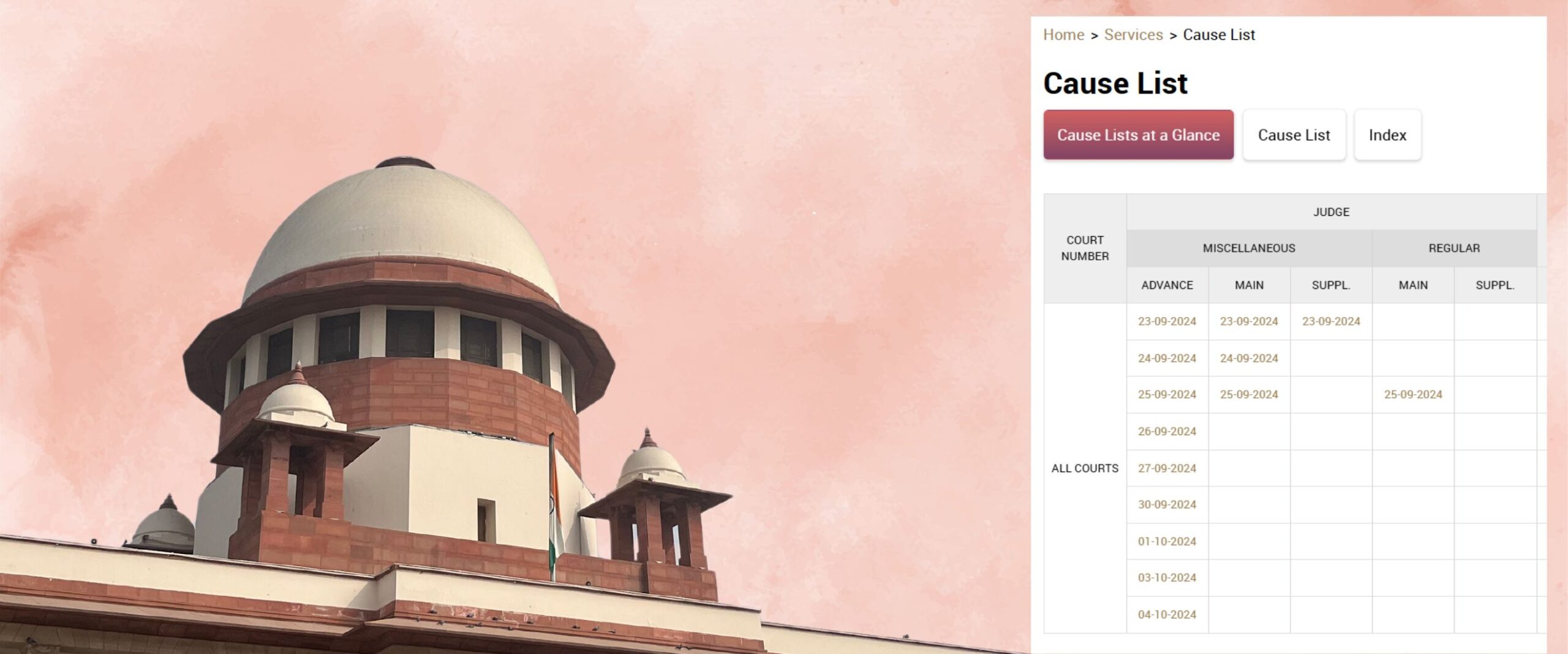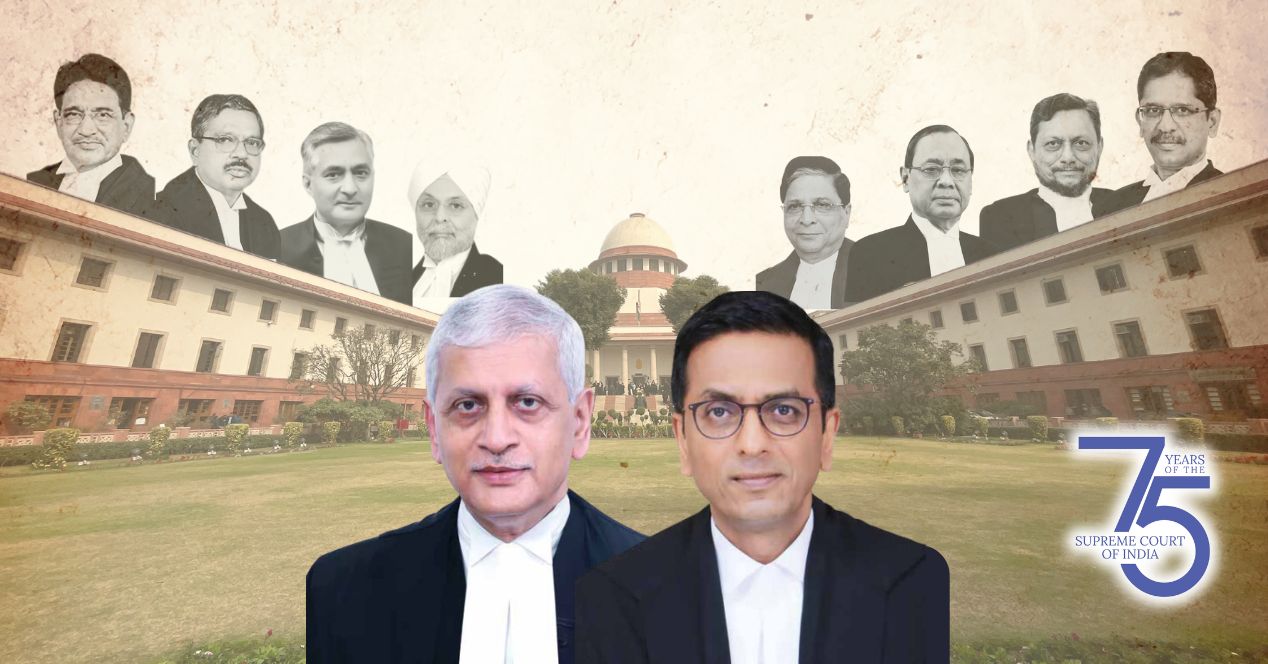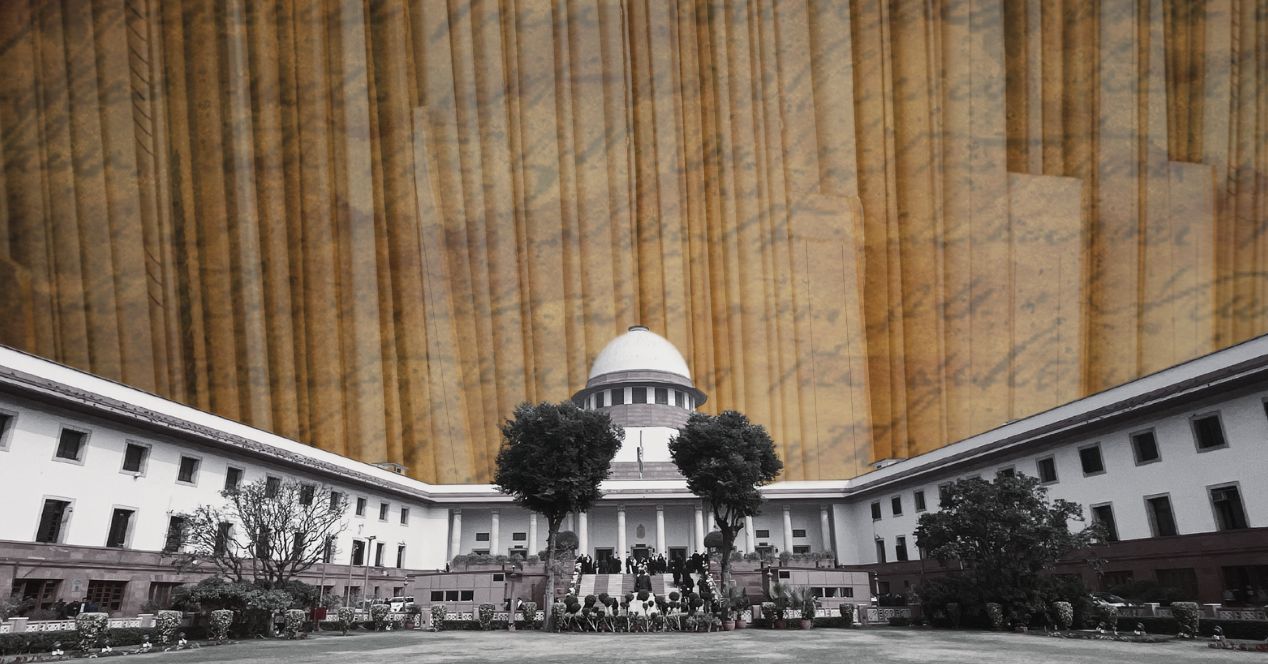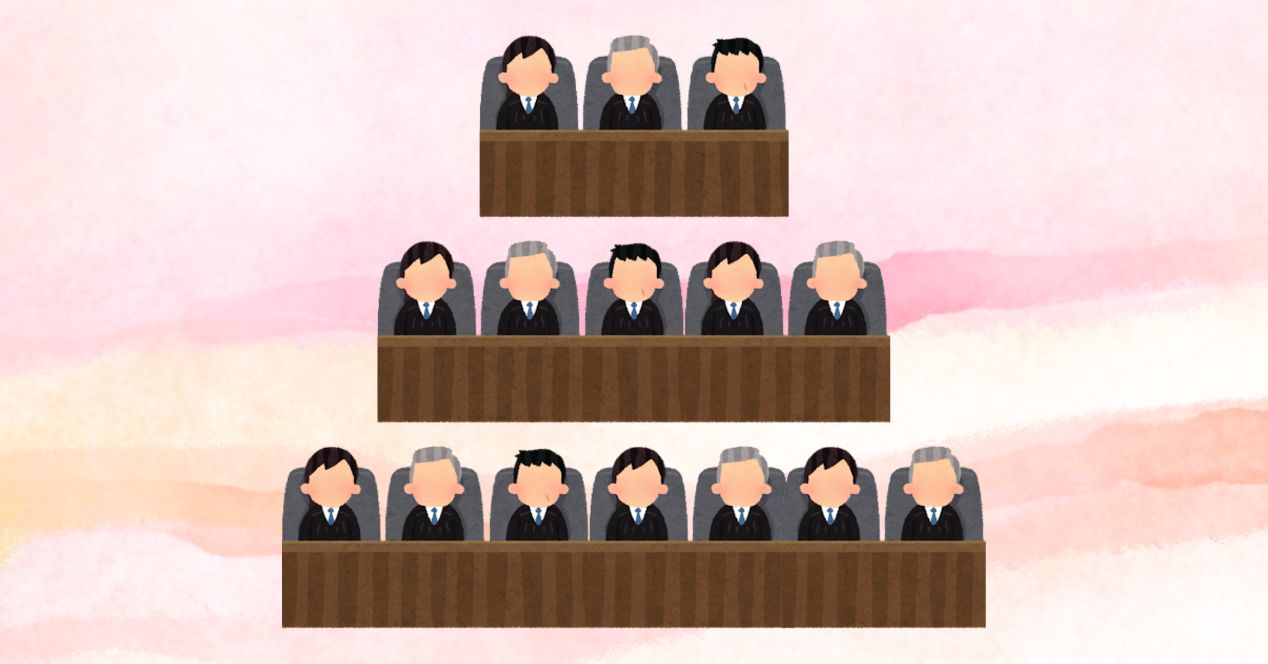Analysis
Causelists and cases
Skimming through the causelist may not seem like much, but it offers us insight into the workings of the court

In The Karate Kid (1984), the protagonist Daniel loses his temper with his teacher Mr. Miyagi. Daniel feels like he has spent all his time sanding floors and painting fences instead of learning karate. Later, he realises that it all adds up—those seemingly pointless tasks were fundamental to mastering the art. Every morning, my colleague Sushovan and I scour the daily cause list of the Supreme Court. The list often runs into 400-plus pages, and it often feels like a thankless and exhausting task, especially at 7am.
Yet, like the wise Mr. Miyagi, our editor, Gauri, has her own steady response. She explains how sweeping through the cause list is essential to understanding how the Court works, what it cares about, and how it manages its time and people. Reviewing the list helps develop a sense of the key constitutional questions of our time, and a feel for the conflicts occupying the public imagination.
Though the task is tedious, there are many patterns to be gleaned from it. For instance, some matters appear on the list daily, but never seem to be heard by the benches. Some of the cases that fall into this category are among our tracked cases—the challenge to the restitution of conjugal rights, the validity of the marital rape exception, the challenge to the law that criminalises triple talaq, and the validity of electoral freebies.
Three of these cases touch upon women’s autonomy and rights. The triple talaq case has been listed regularly for almost five months now, yet there’s been only one order. There was no hearing that day, but the Court called for the matter to “retain [its] position on Board.” And so it remains—week after week.
Similarly, the conjugal rights case has been on the causelist since July. The last time it was heard was in September 2022. The marital rape matter is an appeal from the Karnataka High Court. It was last expected to be listed in March 2023 for “final disposal.” That didn’t happen, and now the case has cropped up consistently in the causelist since January. Just the other day, Senior Advocate Indira Jaising requested a specific date for hearing but Chief Justice D.Y. Chandrachud asked the petitioners to wait and see. As for the electoral freebies matter, listed at the top of the board every week, Sushovan last reported on it in November 2023.
Of course, there’s a lot to plough through for the Supreme Court (to get a sense of just how much, do look at our pieces on monthly pendency). For example, on Friday this week, 147 matters were listed for hearing just before the Chief Justice’s bench. There were 50-80 matters listed for each of the 15 other benches. Often, unanticipated matters—like the R.G. Kar rape and murder incident—demand the Court’s immediate attention, necessitating other cases being pushed down the list. Sometimes, especially when corporate interests are involved, one is left wondering whether the matter really needs the constitutional court’s urgent attention.
The omissions in the list speak as loud as the cases listed. Often, we hear and read about petitions relating to matters of public importance being filed, but we don’t see them on the causelist. In August 2024, the Supreme Court Advocates-on-Record Association raised concerns about delays at the Registry level. My colleague Spandana is working on a story looking at the bottlenecks in the Registry. You can expect more insights on this next week.
Meanwhile, Sushovan and I will keep combing through the daily list, finding familiar cause titles and new ones. And if you’re looking for something light to watch this weekend, I recommend The Karate Kid.
This article was first featured in SCO’s Weekly newsletter. Sign up now!




